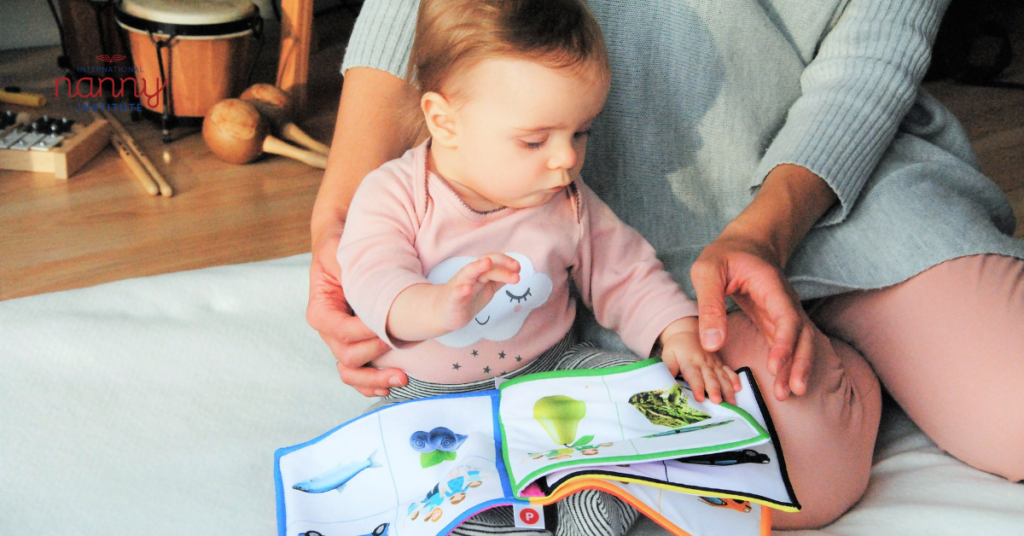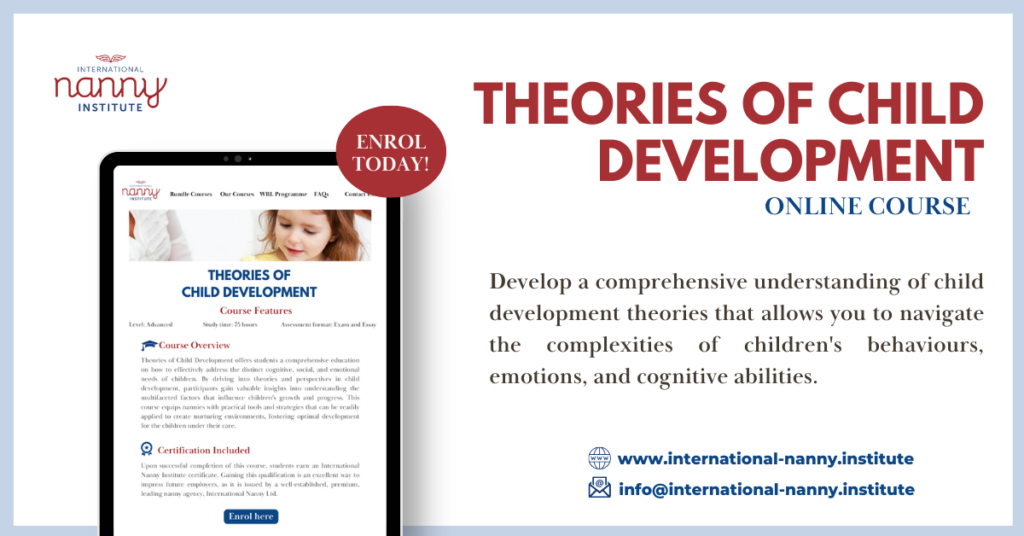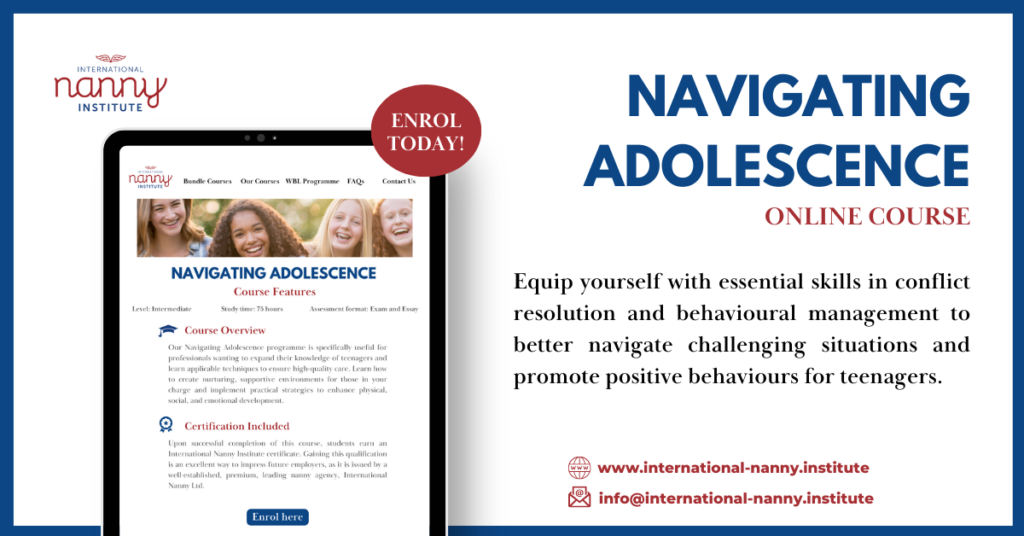Professional nannies have many responsibilities, but their primary responsibilities is to ensure the well-being and development of the children in your care. This goes beyond simply providing engaging activities and maintaining a clean, safe environment. It requires a deep understanding of the fundamental needs that underpin a child’s ability to thrive, both physically and psychologically.
One of the most widely recognised frameworks for understanding human needs is Maslow’s Hierarchy of Needs. Developed by the influential psychologist Abraham Maslow, this theory outlines a five-tier pyramid of needs that must be satisfied for an individual to reach their full potential. Let’s explore how you, as a nanny, can apply Maslow’s Hierarchy to ensure the children in your charge have their basic needs met, setting the stage for optimal growth and development.

Physiological Needs
At the base of Maslow’s pyramid are the most fundamental, biological needs: air, water, food, sleep, and shelter. As a nanny, you play a crucial role in meeting these physiological needs by:
- Providing nutritious meals and snacks throughout the day
- Ensuring the children get adequate, high-quality sleep
- Maintaining a clean, comfortable, and safe living environment
- Monitoring hydration and access to clean drinking water
By consistently meeting these basic needs, you can lay the groundwork for children to feel secure, safe, and ready to thrive in other areas of their development.
Safety Needs
The next tier of Maslow’s hierarchy encompasses the need for physical and emotional safety. This includes feeling protected from harm, as well as having a sense of stability, predictability, and trust in their environment and relationships.
As a nanny, you can address safety needs by:
- Establishing clear routines and boundaries
- Providing a nurturing, supportive, and responsive presence
- Ensuring the physical environment is free from hazards
- Helping children feel secure, valued, and respected
When children’s safety needs are met, they are more likely to develop the confidence and emotional resilience to explore, learn, and grow.

Belongingness and Love Needs
Once the physiological and safety needs are satisfied, children begin to seek a sense of belonging, love, and connection. This involves developing meaningful relationships with caregivers, family members, and peers, as well as feeling accepted and valued within their social circles.
As a nanny, you can foster a sense of belongingness and love by:
- Engaging in warm, affectionate interactions with the children
- Encouraging positive peer relationships and social activities
- Validating the children’s emotions and providing emotional support
- Celebrating the children’s unique qualities and achievements
By nurturing these relational needs, you can help children develop a strong sense of self-worth and the ability to form healthy, fulfilling connections with others.
Esteem Needs and Self-Actualisation
At the top of Maslow’s hierarchy are the needs for esteem and self-actualisation. Esteem needs involve the desire for recognition, respect, and a positive self-image, while self-actualisation refers to the realisation of one’s full potential and the pursuit of meaningful goals.
As a nanny, you can support the fulfilment of these higher-level needs by:
- Providing genuine praise and affirmation for the children’s efforts and accomplishments
- Encouraging the development of personal interests, hobbies, and talents
- Helping children set achievable goals and celebrate their progress
- Fostering a growth mindset and a sense of autonomy and agency
By addressing each level of Maslow’s Hierarchy of Needs, you can create an environment that promotes the holistic well-being and optimal development of the children in your care. This comprehensive approach allows them to not only have their basic needs met but also to thrive, explore their passions, and reach their full potential.

The foundation for a child’s holistic well-being lies in the consistent fulfilment of their most fundamental needs. Professional nannies know that their ability to recognise and address these requirements is paramount. Enrol in International Nanny Institute’s “Theories of Child Development” course and learn the secrets to implementing Maslow’s Hierarchy of Needs in your daily practice. By ensuring the physical, emotional, and relational needs of the children in your care are met, you will not only earn the trust and confidence of their parents but also empower the children to thrive, explore, and reach their full potential.





















